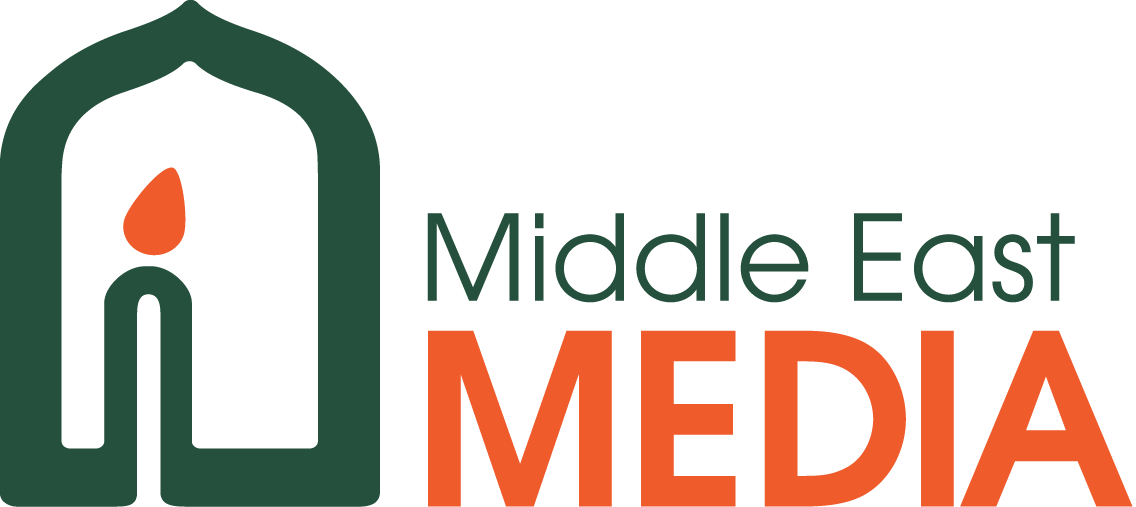Concealing violence against women: A call to prayer for shifting attitudes
/Women in Cairo protest against violence against women, June 2014. (Reuters)
Earlier this week, a Moroccan state TV channel aired a makeover tutorial for women, showing them how to cover their facial bruises with concealer.
“Good morning!” The host began. “Today, we’re going to move to a topic that is saddening, but on the occasion of the International Day for the Elimination of Violence Against Women, I’m going to show you the makeup that can cover bruises from the hits a woman may experience. It’s a topic we shouldn’t even have to discuss, but unfortunately, this is what it is.”
Moroccan women were quick to show their outrage at this terrible error in judgement and demanded an apology from the TV station. But the fact that it was aired highlights that domestic violence is still seen as normal, and that the effort is on the woman to conceal the problem, rather than on men to stop carrying out the abuse.
The price of no change is unacceptable
“We believe in and work for a world where women and girls can flourish and prosper peacefully alongside men and boys, sharing in and benefitting from societies that value their skills and accept their leadership. Violence against women and girls has a devastating impact on individuals and on the society.
Women and girls who experience violence lose their dignity, they live in fear and pain, and in the worst cases they pay with their lives. Violence cuts deeply into the liberties we should all have: the right to be safe at home, the right to walk safely on the streets, the right to go to school, to work, to the market or to watch a film. We should be able to expect that attackers will be punished, that justice will be done, and that we can get care and support for injuries... Change to these elements has a cost, yet the price of no change is unacceptable.”
Last week marked the start of the UN's annual 16-day campaign to End Violence Against Women and Girls. In the Middle East, 37% of women have experienced physical or sexual violence from a partner at some point in their lives, and 125 million girls and women alive today have been subjected to Female Genital Mutilation.
Overall attitudes towards violence against women do seem to be shifting in the right direction, but as the Moroccan TV blunder shows, there is still a long way to go.
How can we pray?
- Pray that attitudes would continue to shift against violence towards women and girls. Please pray that violence against women would not be seen as normal, but would be increasingly challenged and condemned.
- Pray for our development organisation in North Africa as they use media to promote gender equality. We have an educational curriculum to teach men and women in civil society to prevent violence against women, and want to use this curriculum in our work with refugees where rates of domestic violence are often high. Please pray for them as they run these training sessions, that they would be instrumental in changing attitudes in North Africa and beyond.
- Pray that more women would seek help in situations of domestic violence - currently only 40% seek help, and only 10% report the abuse to the police. Pray that women would find safe ways to seek help and that support would be available to them.
Read more about the impact of domestic violence, attitudes towards it, and the UN Women's campaign against violence here.




